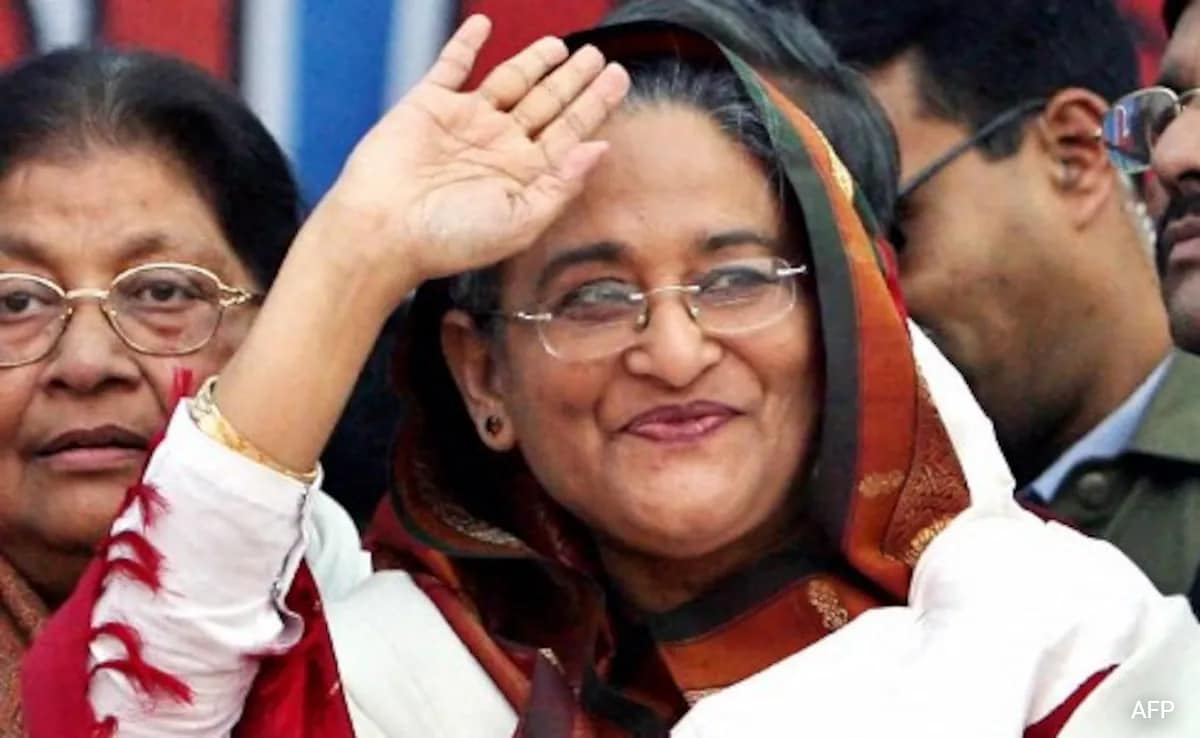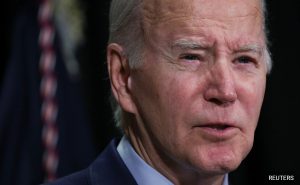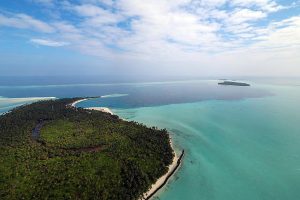2024-01-08 18:25:32

Sheikh Hasina is the daughter of the country’s founding father Sheikh Mujibur Rahman.
Dhaka:
Bangladesh Prime Minister Sheikh Hasina once joined rivals in a fight to restore democracy but her long reign in power has been marked by arrests of opposition leaders, crackdowns on free speech and suppression of dissent.
Ms Hasina, 76, won a fourth straight term and fifth overall in power by sweeping Sunday’s general election, which was boycotted by the main opposition Bangladesh Nationalist Party (BNP) for the second time in the last three polls.
The daughter of the country’s founding father Sheikh Mujibur Rahman, who led Bangladesh’s independence from Pakistan, Hasina was fortunate to have been visiting Europe when most of her family were assassinated in a military coup in 1975.
Born in 1947, in southwestern Bangladesh, then East Pakistan, Hasina was the eldest of five children. Hasina did her graduation in Bengali Literature from Dhaka University in 1973 and gained political experience as a go-between for her father and his student followers.
She returned to Bangladesh from India, where she lived in exile, in 1981 and later joined hands with political foe Khaleda Zia, chief of the Bangladesh Nationalist Party (BNP), to lead a popular uprising for democracy that toppled military ruler Hossain Mohammad Ershad from power in 1990.
But the alliance with Zia did not last long and the bitter and deep-rooted rivalry between the two women, often called the ‘battling begums’, went on to dominate Bangladeshi politics for decades.
Hasina first led the Awami League party to victory in 1996, serving a one five-year term before regaining power in 2009, never to lose again.
As time went on, she became increasingly autocratic and her rule has been marked by mass arrests of political opponents and activists, forced disappearances and extrajudicial killings.
Rights groups have warned of a virtual one-party rule by Hasina’s Awami League.
Zia, herself a former prime minister, was jailed in 2018 on graft charges which the opposition says have been trumped up. The ailing former premier was allowed to stay at home in Dhaka under a special provision since the COVID-19 pandemic but was barred from political activity.
Khaleda’s son, Tarique Rahman, is the acting chairman of the BNP party, but he is in exile after several charges were brought against him. He has denied all of them. The party’s next most senior leader, Mirza Fakhrul Islam Alamgir, and several others have been in jail since a deadly protest at the end of October.
BNP and rights groups say Hasina’s government arrested 10,000 opposition party workers on trumped up charges in the leadup to Sunday’s general election.
Hasina refused BNP demands to resign and allow a neutral authority to run the election, accusing the opposition of instigating anti-government protests that have rocked Dhaka since late October and killed at least 14 people.
Both Hasina and her rivals have accused their opponents of trying to create chaos and violence to thwart political peace and jeopardize the democracy that has yet to take firm root in the South Asian country of 170 million people.
Hasina said she did not need to prove the credibility of the election to anyone. “What is important is if the people of Bangladesh will accept this election.”
Critics say her last 15 years in power have been marked by authoritarian rule, but Hasina also has been credited with turning around the economy and the massive garments industry, while winning international praise for sheltering Rohingya Muslims fleeing persecution in neighbouring Myanmar.
But the economy has also slowed sharply since the Russia-Ukraine war pushed up prices of fuel and food imports, forcing Bangladesh to turn last year to the International Monetary Fund for a $4.7 billion bailout. Inflation was 9.5% in November, one of the highest in decades.
Tackling inflation will be her biggest challenge in her next term while the spotlight will be on how she deals with upholding democracy.
(Except for the headline, this story has not been edited by NDTV staff and is published from a syndicated feed.)
Sheikh Hasina,Bangladesh PM,Bangladesh
Source link
![]()



